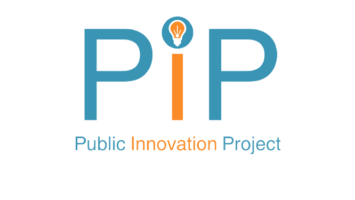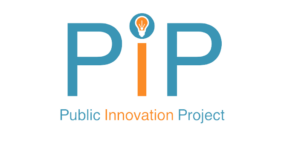Lawmakers Once Again Take Aim at Patent Thickets as Manufacturers Like United Therapeutics Continue to Exploit Loopholes and Litigate to Block Would-Be Competitors from the Market
In case you missed it, just last week U.S. Senators Peter Welch (D-VT), Mike Braun (R-IN) and Amy Klobuchar (D-MN) introduced bipartisan legislation to crack down on Big Pharma’s patent abuse “to streamline drug patent litigation, encourage fair market competition, and lower prescription drug prices by making it easier for generic and biosimilar companies to enter the market.” A House companion was also introduced by U.S. Rep. Jodey Arrington (R-TX-19).
The introduction of these bills builds on previous bipartisan support for tackling Big Pharma’s patent abuse, especially patent thickets, as a critical barrier to building a more innovative, affordable prescription drug market. Last year, the U.S. Senate Committee on the Judiciary unanimously passed legislation targeting anti-competitive practices like product hopping and patent thickets. Big Pharma’s anti-competitive tactics that keep more affordable alternatives from the market were estimated to cost U.S. consumers $40.07 billion in just one year (2019).
Ongoing examples highlight how Big Pharma’s patent abuse works to block competition in the market and maintain monopolies.
For example, United Therapeutics Corporation’s (UTC) patent strategy around Treprostinil, a medication used to treat pulmonary hypertension, offers a case study of how Big Pharma companies deploy these monopolistic tactics to waylay would-be competitors and actual innovators from bringing new products to market – and why Congress should act on the bipartisan support for cracking down on manufacturer’s abuse of the patent system.
UTC’s first Treprostinil product, injectable Remodulin, was approved by the U.S. Food and Drug Administration (FDA) on May 21, 2002. More than twenty years later, its manufacturer, UTC, continues to corner the market on this drug. UTC still has ten patents listed as protecting Remodulin going out until March 2029. UTC has an oral Treprostinil product, Orenitram, with patents out until 2031 and an inhalable version of Treprostinil, Tyvaso DPI, with patents out until 2035. UTC’s main strategy is to obtain product-by-process patents in the same family that essentially claim a new way to make the same old drug. This has enabled UTC to keep its monopoly well beyond the average exclusivity of 14.4 years, or even the full patent life of 20 years. Because of the monopoly they had on the drug, UTC has had no reason to innovate on things like delivery mechanisms or ways to improve the experience for patients.
Fast forward to January 2018, a small biotech company Liquidia Technologies completed a Phase 3 trial of dry power inhaled version of Treprostinil, which would be easier to use for patients, including by more precisely and conveniently delivering treatment to the source of the disease in the lungs, reducing side effects and toxicity from the currently available treatment, and significantly reducing the burden of administration for patients.
Six years later, Liquidia’s version of Treprostinil is still being blocked from the marketplace by UTC’s patent and litigation strategy. The core of UTC’s strategy is to cause delay and inflict cost on their competitors to extend the length of their monopoly, all to boost their own bottom line.
UTC has had 37 of 49 patent claims invalidated on their Treprostinil products, and, in fact, all the patents in the Treprostinil family listed in the Orange Book have been invalidated by either the U.S. District Court or by the Patent Trial and Appeal Board (PTAB).
Just last month, the U.S. Court of Appeals for the Federal Circuit affirmed an earlier decision from the Patent Trial Appeal Board that one of UTC’s Treprostinil patents, ‘793, was invalid.
Knowing their goose was cooked on their ‘793 patent, UTC sued to block Liquidia’s product from the market on another patent (‘327), restarting the clock and extending the litigation luau, with Liquidia now working to seek dismissal of all claims related to ‘793 and request a ruling on the invalidity of the ‘327 patent.
Invalidating each of these patents imposes significant expense on a smaller potential competitor like Liquidia — while delaying their ability to bring their product to market by a factor of years, even if UTC’s patents are ultimately all thrown out. The ultimate goal of UTC is clearly not to win in court defending their sham patents, but instead to lay a minefield of patents their would-be competitor must painstakingly clear one at a time — at great expense and lost opportunity to recoup their loss.
Policymakers should look to examples like United Therapeutics and their egregious patent abuse on Treprostinil as they continue to debate and consider how best to address loopholes in the patent system that enable such flagrant anti-competitive practices that block patients from accessing innovative new products or more affordable drugs.
Learn more about the case of UTC and its greed HERE.
Learn more about Public Innovation Project (PIP) HERE.
###


